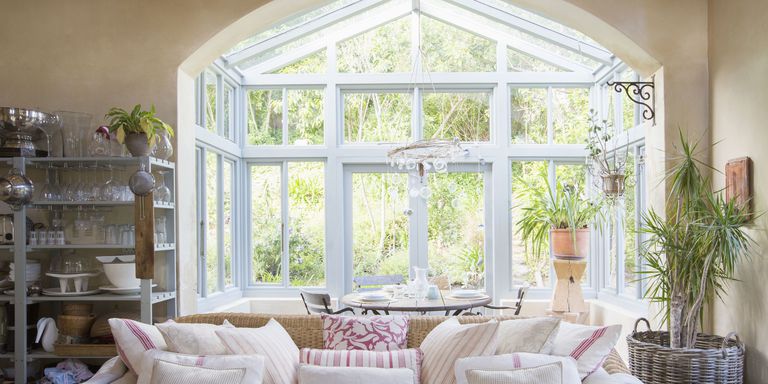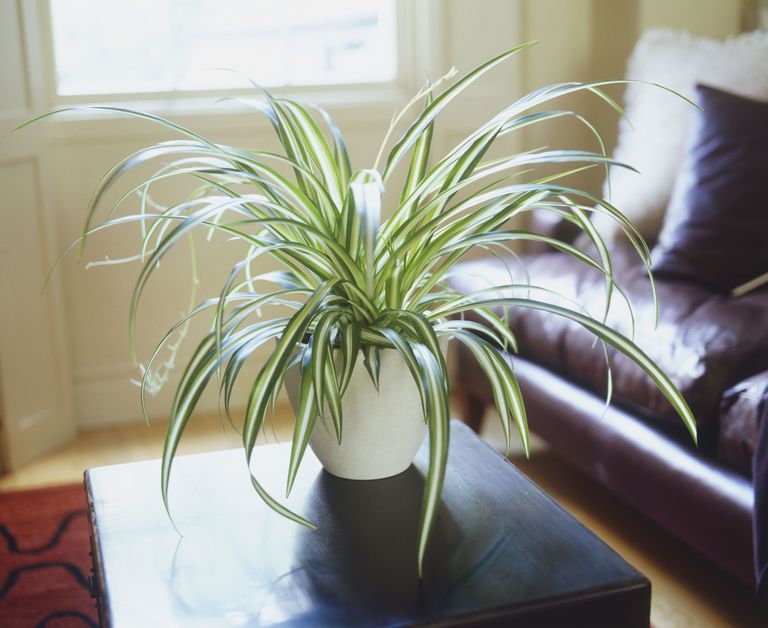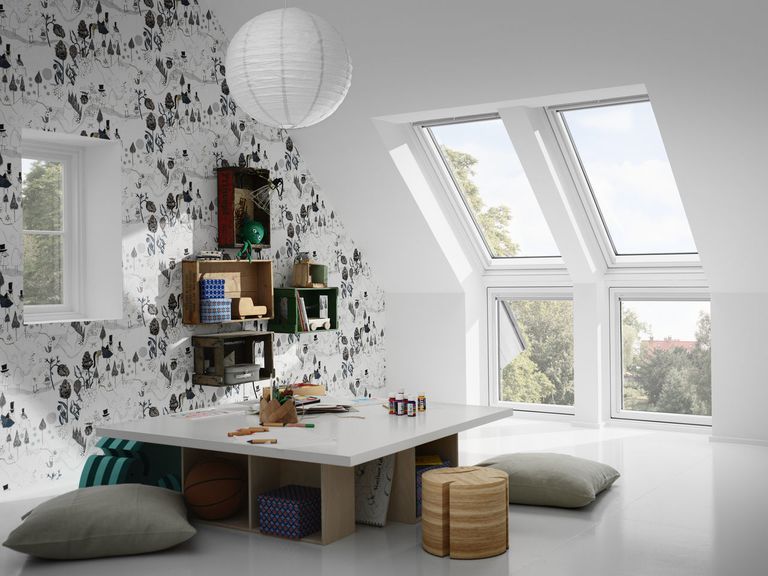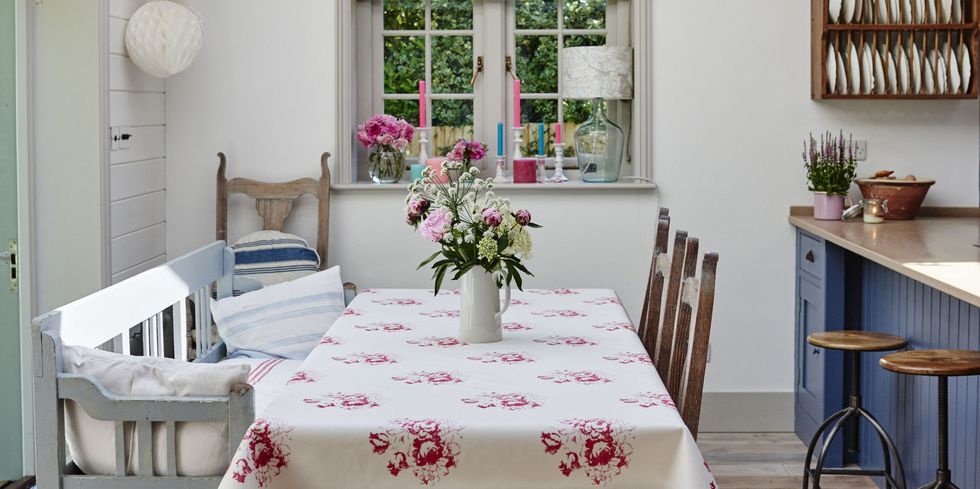When we think about access to fresh air, we probably picture ourselves outdoors – feeling a warm breeze in a rural field or the sting of cold air atop of snow covered mountain.
But we now spend 90% of our lives inside buildings, so when it comes to the home, air quality isn’t something we can ignore, especially as new research from Velux revealed only a quarter of UK residents are fully satisfied with the air quality in their homes.
Not only does good indoor air quality improve concentration levels and helps us to get a better night’s sleep but it also reduces energy costs. Television property guru Sarah Beeny suggests a few simple ways to help you and your family breathe a bit fresher:
1. Let the outdoors in
Consistent, adequate ventilation is key to good indoor air quality. Airing out your home by opening windows as much as possible means letting more oxygen in and removing things like cooking odours, gases and humidity which builds up over time. Opening up our homes sometimes goes against our instinct, particularly in the winter months in our drive to save on heating costs, but it’s important to find the right balance between letting your home ‘breathe’ and energy efficiency.

An easy way to get the fresh air flowing in the right places is by opening windows in the bathroom every time you shower and in the kitchen every time you cook, allowing steam and odours to escape. Closing the doors to these rooms while they air out will restrict the cool air to these spaces in addition to stopping the steamy air from travelling to other places in the house.
If you find it difficult to open windows during the day because you work full time, consider leaving them open at night (as long as security isn’t an issue) or when you’re at home during the weekends. It might also be worth looking into electric roof windows which can automatically open and close depending on the weather and room temperature.
2. Consider using naturally fragranced or fragrance-free products
Many common household cleaning products and air fresheners use special chemicals to give them the characteristic fresh and fragrant smells that so many of us find appealing. There is growing evidence to suggest that once these chemicals are released into the atmosphere and react with compounds in the air, they produce formaldehyde as a by-product.
Formaldehyde, classified as a volatile organic compound (VOC), is a normal part of our environment in small concentrations but many experts have advised that indoor exposure to high levels of VOCs could be harmful. To limit exposure, consider using products which are naturally fragranced, fragrance free or even natural cleaning alternatives. Use essential oils as a replacement, diluted with water in a spray bottle, in a stick diffuser or burner – there are so many lovely natural smells to choose from.
3. Add some greenery
One of the simplest ways to help improve the air in your home comes straight from the natural world. Beyond the aesthetic appeal, studies indicate that plants are highly effective air purifiers and can help to reduce chemical levels in enclosed spaces by filtering out potentially harmful compounds. This, coupled with the fact that they produce oxygen, means they have the power to make the air that we breathe indoors significantly healthier.

4. Find ways to minimise dirt and dust
Even small amounts of dirt and dust can build up over time and impact the quality of air you breathe in. Keep surfaces and floors as clean as you can by vacuuming, damp dusting and mopping, not forgetting to get underneath furniture where dust might linger. Clear away clutter so that dust doesn’t have the chance to build up and change bedding regularly. To minimise the amount of dirt entering from outside, make sure you have a sturdy doormat or even consider making your home a shoe-free zone.
If you’re having building work done and living on site, use fine water sprays as frequently as possible to dampen down the site – the water helps to weigh down some of the dust particles, clearing the air you breathe, a little! Never sweep, always mop and wherever possible take the time to build temporary walls and doors to keep your living areas as dust free as possible – having your builders spend a couple of days doing this at the beginning of your project will pay dividends later.













